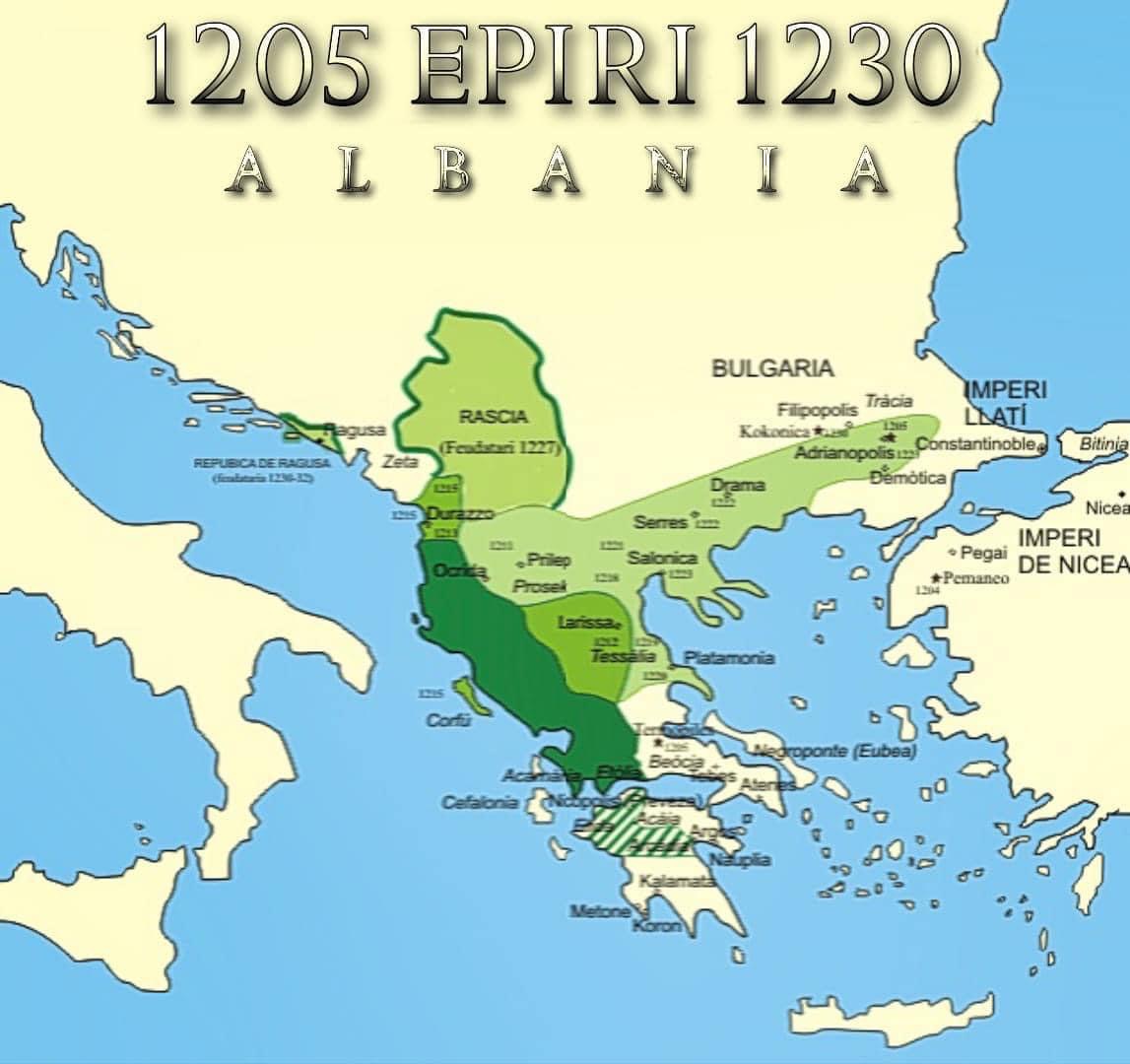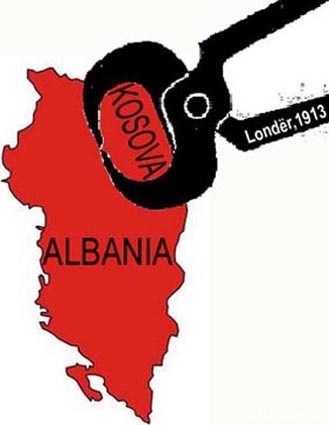Ambassador Hovenier’s meddling in Kosovo’s politics betrays its hard-won democracy, aligning more with Kremlin interests than the democratic ideals he’s sworn to uphold.
Thank you for reading this post, don't forget to subscribe!
Aug 14, 2024
In the world of diplomacy, where nuance and respect for national sovereignty are paramount, one expects ambassadors to uphold the principles of non-interference and foster positive relations. Yet, in the case of U.S. Ambassador to Kosovo, Jeffrey Hovenier, we see a troubling departure from these standards. His actions have not only breached the delicate protocols that govern international relations but have also cast a long shadow over the democratic aspirations of a nation still finding its footing in the Balkans.
Kosovo, a small but fiercely independent country, emerged from the ashes of the Yugoslav wars as a beacon of democracy in a region long plagued by autocracy and ethnic strife. Supported by the United States and its NATO allies, Kosovo’s journey to independence in 2008 was marked by the struggle of its people for self-determination and freedom. The United States, particularly under the Clinton administration, played a pivotal role in this journey, standing by Kosovo as it navigated the treacherous waters of statehood.
But today, the very nation that once championed Kosovo’s independence is now seemingly intent on undermining it. Ambassador Hovenier, in his tenure, has crossed the line from diplomacy into political interference, positioning himself not as a mediator but as a quasi-politician in a country that deserves to chart its own course. His public criticisms of Kosovo’s government, particularly regarding the decision to open the Mitrovica bridge—a symbol of unity and reconciliation—are not just inappropriate; they are an affront to the sovereignty of a nation that has fought long and hard for its right to govern itself.
This is not the first time an American diplomat has meddled in Kosovo’s internal affairs. The ghost of Richard Grenell, the former Trump administration’s Director of National Intelligence, looms large over Hovenier’s actions. Grenell, notorious for his controversial role in the Balkans, was instrumental in the toppling of a democratically elected government in Kosovo in 2019—a move that smacked of political manoeuvring rather than genuine diplomatic support. His influence in the region, and his apparent friendship with Hovenier, raises serious questions about the latter’s motivations and loyalties.
Grenell’s ties to far-right extremism and his alleged involvement in plots to undermine European governments, as reported by multiple 1reputable sources, cast a dark shadow over anyone associated with him. It is deeply concerning that Hovenier, a representative of a country that prides itself on supporting democracy, would align himself with a figure so mired in controversy. Even more alarming are the reports linking Grenell to Vladimir Plahotniuc, a Moldovan politician with ties to Russia, who has been sanctioned by the U.S. Treasury for his efforts to destabilise Moldova’s pro-Western government.
Is Hovenier’s narrative in Kosovo influenced by these unsavoury connections? Does his relationship with Grenell suggest that he, too, is compromised by these associations? The people of Kosovo, who have endured so much in their fight for independence, deserve answers. They deserve a diplomat who will stand with them, not against them, in their pursuit of a peaceful and prosperous future.
Hovenier’s recent assertion that the opening of the Mitrovica bridge could endanger U.S. soldiers is not only baseless but also an egregious attempt to manipulate public sentiment. This bridge, far from being a security threat, stands as a testament to the potential for unity and healing in a region scarred by division. To oppose its opening is to oppose the very principles of peace and reconciliation that the United States claims to support. His rhetoric, echoing the fearmongering tactics of the Milosevic era, serves only to deepen the divisions that have kept Kosovo from realising its full potential as a unified and stable nation.
Bridges, both literal and metaphorical, are meant to connect, not divide. Yet Hovenier, by opposing the opening of the Mitrovica bridge, has positioned himself as a barrier to the very integration and stability he purports to champion. His statements, laced with political allegiances that seem more aligned with the interests of Kremlin-supported Belgrade than with those of the democratic government in Pristina, are a slap in the face to the people of Kosovo, who refuse to be pawns in the geopolitical games of external powers.
It is a bitter irony that Ambassador Hovenier’s actions are undermining the very democracy that U.S. administrations, since the Clinton era, have invested so much in building. His interference in Kosovo’s domestic politics is not just a betrayal of the Kosovan people, but a stain on the legacy of American support for the Balkans. If the United States’s Secretary of State Antony Blinken’s leadership, continues down this path, it risks irreparably damaging its credibility and influence in the region—a region that has seen too much bloodshed to tolerate such reckless diplomacy.
The call for the creation of Serb-majority municipalities in Kosovo (ASM), a move that 2threatens to render the country ungovernable, should not be championed by an ambassador who is supposed to be a neutral arbiter. If this is indeed the direction the United States wishes to take, it must be prepared for the fallout—the loss of trust and the erosion of its standing not only in Kosovo but across the Balkans.
In the end, Ambassador Hovenier faces a choice: will he adhere to the principles of diplomacy and respect for sovereignty, or will he continue to play a dangerous political game that has no place in his role as a diplomat? Kosovo, a nation forged in the crucible of conflict and driven by an unyielding desire for self-determination, deserves better. It deserves a partner who will support its democratic aspirations, not undermine them in pursuit of misguided ambitions.
The international community is watching. The people of Kosovo are watching. And they will not forget who stood with them in their time of need—and who sought to exploit their struggle for political gain.


Shënim:
Redaksia, diplomacia. dk nuk e merr përgjegjësinë për pikëpamjet e autorit në shkrimin e botuar!
Respekt!
